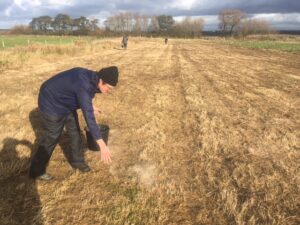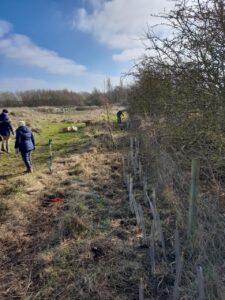Dunston Activity Centre is a vibrant centre at the heart of the community of Dunston, offering a space for people to meet, socialise, exercise and learn new skills.
 Although the centre is well used, unfortunately it has often has to turn new groups away due to a lack of available space.
Although the centre is well used, unfortunately it has often has to turn new groups away due to a lack of available space.
Thanks to a funding from Biffa Award, as part of the Landfill Communities Fund, it can now create a third community room, opening up more opportunities for the community and accommodating new groups and activities.
As well as hosting a fully fitted gym and library, the centre is also used by a whole range of community groups including a companion group, exercise classes, martial arts groups, preschool activities, slimming groups, baby ballet and NHS cardio rehabilitation, blood donation and diabetes groups.
Edmund Nichols, Chair of Trustees:
“With the generous support of Biffa Award our local community will benefit greatly from the creation of a new community room at Dunston Activity Centre. We can now meet the demand for quality accommodation for new activities and community groups of all ages.”
Brenda Clelland, Ward Councillor for Dunston and the Teams:
“I’m absolutely delighted to hear that Biffa Award has so kindly funded the creation of a new, useful community room. The creation of this room is a much-needed increase in space available and will help Dunston Activity Centre to remain at the heart of the local community, doing what it does best – helping local people stay physically fit and healthy, and offering activities and creative opportunities to nurture and support their mental health and wellbeing. The whole community will join me in saying a big thank you to Biffa Award.”
Rachel Maidment, Biffa Award Grants Manager:
“It is so important that we keep investing in community buildings which provide a space for people to meet, socialise and learn new skills. It is great to have been able to fund the new community space at Dunston Activity Centre, enabling even more people to use this vital facility.”

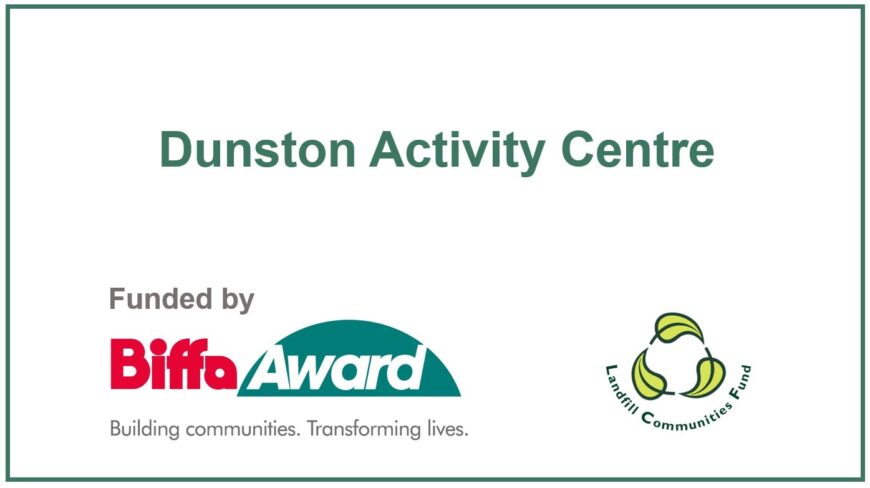
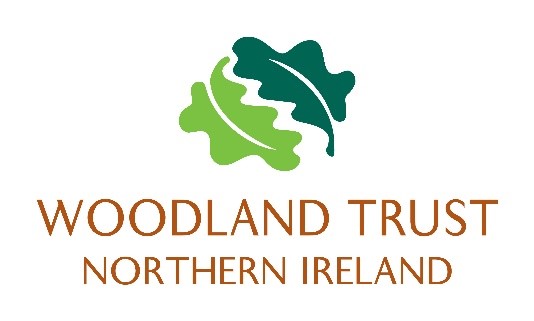
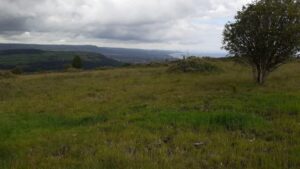 for free, once works are completed on site.
for free, once works are completed on site.
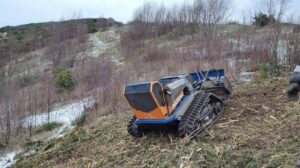 The project, which is called Helping Habitats in South Devon’s Invertebrates, is taking a local approach to a national problem: the alarming declines in insect populations. It plans to do this by improving many of the most important places where mini-beasts live, including heathlands, meadows, woodlands and freshwater streams/ponds.
The project, which is called Helping Habitats in South Devon’s Invertebrates, is taking a local approach to a national problem: the alarming declines in insect populations. It plans to do this by improving many of the most important places where mini-beasts live, including heathlands, meadows, woodlands and freshwater streams/ponds.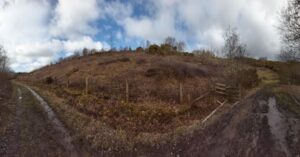 coppiced with trees being cutback to encourage new growth, while 4.5 hectares of wildflower meadows at the Trust’s Woodah Farm will be restored. At the charity’s Little Bradley Ponds and Lower East Lounston nature reserves the water quality of ponds and streams will be improved with the installation of separate drinking facilities for grazing cattle.
coppiced with trees being cutback to encourage new growth, while 4.5 hectares of wildflower meadows at the Trust’s Woodah Farm will be restored. At the charity’s Little Bradley Ponds and Lower East Lounston nature reserves the water quality of ponds and streams will be improved with the installation of separate drinking facilities for grazing cattle.
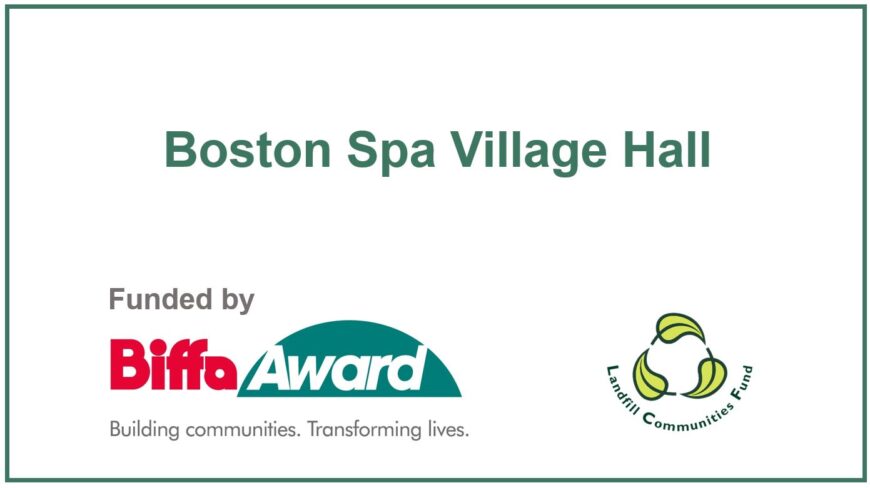


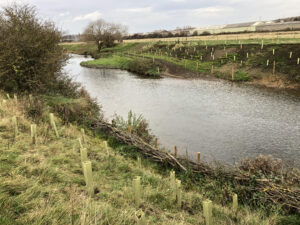 With £34,928 of funding provided by Biffa Award, a multi-million-pound fund that helps to build communities and transform lives through awarding grants to communities and environmental projects across the UK, three in-channel berms have been installed in the River Rother to diversify flow in the canalised river, improving habitat for fish breeding making this area more habitable for them.
With £34,928 of funding provided by Biffa Award, a multi-million-pound fund that helps to build communities and transform lives through awarding grants to communities and environmental projects across the UK, three in-channel berms have been installed in the River Rother to diversify flow in the canalised river, improving habitat for fish breeding making this area more habitable for them.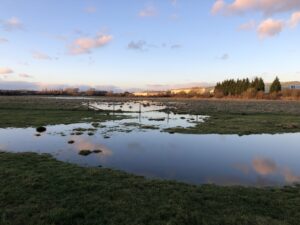 protected species great crested newt, which already breed on the reserve. In addition to the project having a positive impact on wildlife it has also engaged the local community; installing a new pond dipping platform, running a series of family-friendly wildlife sessions and erecting an information panel for visitors to the nature reserve.
protected species great crested newt, which already breed on the reserve. In addition to the project having a positive impact on wildlife it has also engaged the local community; installing a new pond dipping platform, running a series of family-friendly wildlife sessions and erecting an information panel for visitors to the nature reserve.
